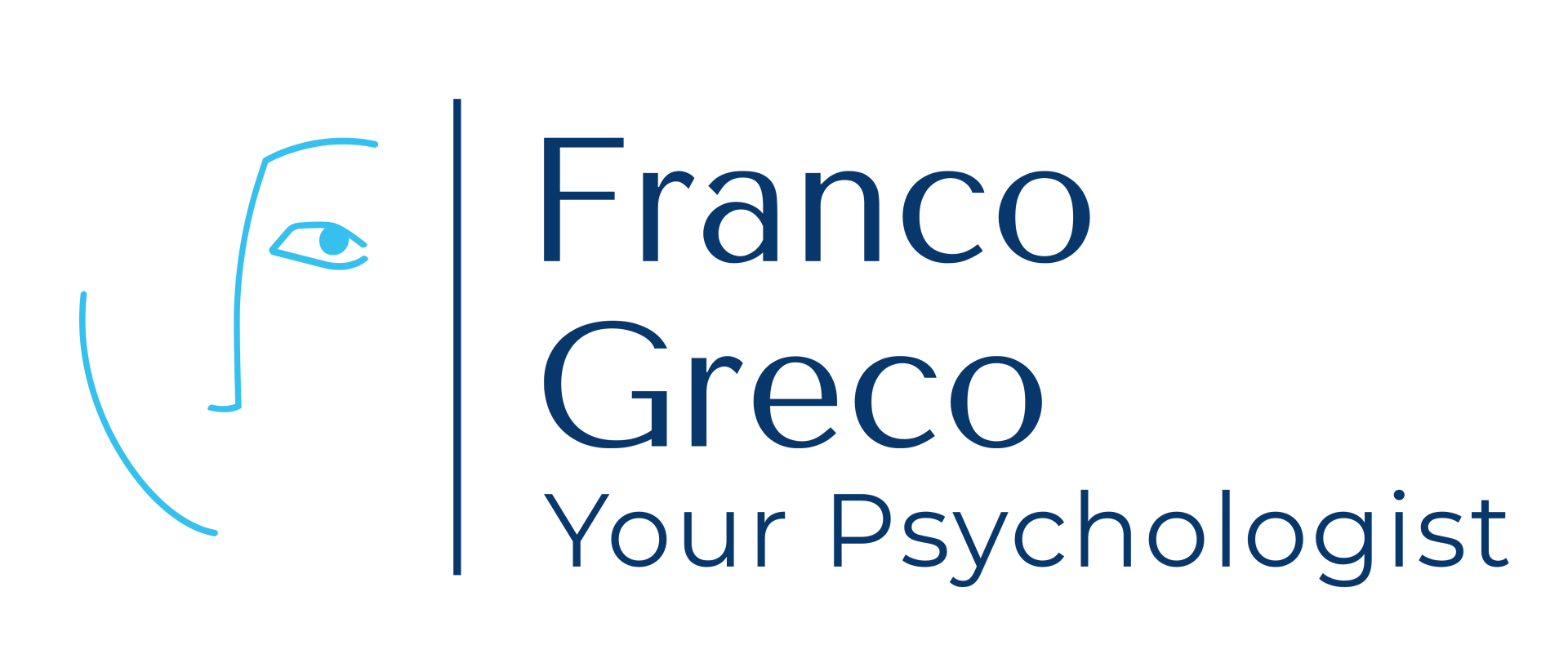Schema Therapy for Professionals with Depression: A Comprehensive Guide
Schema Therapy is highly effective for professionals struggling with depression.

Schema Therapy is highly effective for professionals struggling with depression. It addresses deep-seated, often unconscious beliefs and patterns that contribute to a depressive mindset. Professionals often face high expectations, perfectionism, or a constant fear of failure, exacerbating feelings of worthlessness and depression. Schema Therapy helps identify, challenge, and reframe negative schemas, offering healthier ways to cope and rebuild self-esteem. (1)
Case Example: Gemma, a Marketing Executive
Client: Gemma (name has been changed), 34 years old
Occupation: Marketing Executive at a major corporation
Presenting Issue: Gemma has been feeling increasingly depressed over the last few years, especially at work. Despite her professional success, she feels overwhelmed by an underlying sense of failure and believes she is never good enough. She often feels sad, unmotivated, and finds it hard to find joy in her achievements. Her depression affects her performance, relationships, and overall well-being.
Step 1: Identifying Maladaptive Schemas
In Schema Therapy, Gemma works with Franco Greco, Your Psychologist Elsternwick, an Internationally Accredited Schema Therapist to identify schemas contributing to her depression. They uncover core schemas such as:
- Defectiveness/Shame Schema: Gemma believes she is fundamentally flawed or inferior to others, a belief formed during her childhood. Her parents were emotionally distant and critical, leading her to internalize the idea that she wasn’t good enough. This deep sense of shame affects her in both personal and professional settings.
- Failure Schema: Gemma has an intense fear of failure despite her accomplishments. She feels she must be perfect in her work to be seen as successful and worthy. This pressure exhausts her and fuels her depression.
- Emotional Deprivation Schema: Gemma didn’t receive much emotional nurturing or support from her parents, leading to feelings of emptiness and emotional neglect.
Step 2: Exploring the Origins of the Schemas
Gemma and Franco explore the origins of these schemas. Her parents were often critical of her academic performance and emotionally unavailable, leading her to suppress her emotions to avoid disappointment or criticism. She developed a belief that she had to be perfect to gain approval and avoid feelings of inadequacy.
Step 3: Challenging Negative Beliefs
With Franco’s guidance, Gemma works on challenging the negative beliefs tied to her depression:
- Defectiveness/Shame Schema: Gemma realises her feelings of shame stem from childhood experiences and not her true value. She learns that imperfections are part of being human and making mistakes does not make her inherently flawed.
- Failure Schema: Gemma reframes her perfectionism, understanding that her worth isn’t based solely on achievement. She learns that failure is a natural part of life and an opportunity for growth.
- Emotional Deprivation Schema: Gemma recognises her emotional needs are valid and seeks emotional support from others. She learns that connecting with others on a deeper level is crucial for her well-being.
Step 4: Experiential Techniques to Heal Emotional Wounds
Franco works deeply with Gemma in healing her emotional wounds by using experiential techniques (2) like imagery rescripting and chair work to address deep emotional pain linked to her schemas:
- Imagery Work: Franco helps Gemma to connect a present experience at work with a negative childhood experience through engaging in a float back to her younger self (Gemma’s Sad Child). Through helping Gemma develop her Healthy Adult, Gemma was able to offer the young Gemma the love, compassion, and reassurance she didn’t receive as a child to process old emotional wounds.
- Chair Work: Franco helped Gemma separate out her Child Mode (sad and depressed Gemma), her Parent/Critic Mode (the critical and demanding parent voice that represents the way she talks negatively to herself)) and her Coping Mode (the Detached Avoidant Gemma). Gemma engages in a conversation between her "Depressed Self" and her "Healthy Adult Self," strengthening her inner resources and challenging negative beliefs and voices of the Critic/Parent Mode.
Step 5: Building Healthier Coping Mechanisms
Through Schema Therapy, Franco is able to engage in what is called limited re-parenting (3) - where the therapist provides a nurturing, supportive, and caring relationship to the patient in a way that addresses unmet emotional needs from childhood.
This created the environment for Gemma to engage in her new coping strategies to manage emotional distress. In therapy, Franco teaches Gemma:
- Mindfulness and Grounding Techniques: Gemma practices mindfulness to stay present and avoid negative thoughts.
- Cognitive Restructuring: Gemma replaces negative thought patterns with balanced perspectives.
- Self-Compassion and Self-Care: Gemma practices self-compassion and creates a healthier work-life balance.
Step 6: Behavioural Strategies to Overcome Avoidance and Isolation
Franco also helps Gemma to confront her avoidance behaviours:
- Scheduling regular social activities to combat isolation.
- Re-engaging in activities she once enjoyed.
- Setting manageable goals at work to combat perfection.
Step 7: Long-Term Maintenance and Relapse Prevention
Franco finally works with Gemma to create a maintenance plan for long-term emotional health. They discuss strategies to recognise early signs of depression and manage it before it escalates.
Outcome
As Gemma continues with Schema Therapy, she experiences a significant reduction in depressive symptoms. Her self-esteem improves, and she feels more confident in her abilities. She reconnects with her emotional needs, seeking healthy ways to meet them, and learns to balance high standards with self-compassion. Ultimately, she feels more fulfilled both professionally and personally.
How Schema Therapy Helps Professionals with Depression
- Identifies underlying schemas that fuel depression.
- Helps clients understand the origins of these schemas.
- Challenges negative beliefs about self-worth and success.
- Uses experiential techniques to heal emotional wounds.
- Develops healthier coping strategies.
- Builds resilience and a healthier mindset.
Franco Greco from Your Psychologist Elsternwick is an Internationally Accredited Schema Therapist. He provides a structured, effective way for professionals with depression to confront deep-rooted beliefs and emotional wounds, allowing them to regain control and achieve a healthier, more balanced life.
